International Women’s Day (IWD) marks an important United Nations (U.N.) observance each year to celebrate women’s accomplishments, call out the barriers still standing in their way, and shine a spotlight on the need for gender equality. This year—on the heels of intense discussions at the U.N. Climate Change Conference in Glasgow (COP26) and record amounts of climate-related weather events—it is only appropriate that the theme of IWD is “gender equality today for a sustainable tomorrow.”
There has never been a more important moment to recognize women’s work around the world advocating for climate change education and adaptation and collaboration to create a more sustainable future for everyone. The Echidna Global Scholars, girls’ education leaders in low- and middle-income countries seeking to improve learning opportunities and life outcomes for girls and young women, share what they are doing to help build a more equitable and sustainable tomorrow.
 Dileni Gunewardena
Dileni Gunewardena
Professor of Economics – University of Peradeniya
2015 Echidna Global Scholar
IWD reminds us that everywhere in the world, much progress remains for men and women to be able to contribute equally—and be rewarded equally—to the labor market, and thereby contribute to sustainable and inclusive economic growth. For the past five years, my co-authors and I have been researching whether men and women in some middle-income countries have similar levels of cognitive and socioemotional skills and how that matters for labor market outcomes. Specifically, we asked if labor markets reward skills depending on whose they are: a man’s or a woman’s. The answer was that sometimes they do. Leveling the playing field for men and women requires policies that address gender bias in the workplace and challenge social norms about gender roles at home and in communities. Teaching and training researchers in gender analysis play a role in this process of change.
Finally, change cannot happen without recognizing that the unpaid and care work that women do has consequences for how they use their education. My work in the next few years will focus on mapping the care economy for Sri Lanka, a middle-income country where girls’ education has made huge strides, but where women’s roles as homemakers prevent them from fully utilizing their skills in the labor market.
 Arundhuti Gupta
Arundhuti Gupta
Founder Trustee and CEO – Mentor Together
2021 Echidna Global Scholar
Young women in India are raring to go, full of dreams and plans for careers that they hope to pursue after their post-secondary education. That’s what I learned while writing my policy brief on digital mentoring as an Echidna Global Scholar last year. But our track record in India in supporting young women to enter and thrive in the workforce paints a grimmer picture. Only 34 percent of women in India with post-secondary education are active in the labor force, compared to 81 percent of men. Reversing this imbalance becomes even more important for India to have an equitable economic recovery from the COVID-19 pandemic.
Through my work at Mentor Together, a national youth mentoring organization that I founded, we’re supporting thousands of young women during their post-secondary education years and beyond with a digital mentoring program that imparts work readiness skills, builds career networks, and advocates for social norm changes. This year—apropos of IWD’s theme—we’re adding green skills to our work readiness program to build a better understanding among young women on how they can contribute to a more sustainable world as they enter the workforce.
 Sumbal Naveed
Sumbal Naveed
Founder – Institute of Learning for a Better Tomorrow
2018 Echidna Global Scholar
Khadim Hussain
Founding Director and Chief Executive – GRACE Association
2012 Echidna Global Scholar
Just like we cannot ignore women and girls in the discussion of sustainable development, we also cannot forget places like Pakistan that are in the top 10 countries contending with climate change threats and the fourth lowest on the gender parity index. Pakistan is facing serious climate changes that are resulting in extreme weather conditions, such as heavy rains and floods, that have started impacting life adversely. Rapidly melting glaciers in Pakistan due to global warming are posing multiple threats to the entire region. Pakistan has been late to act, but the government has started putting the environment as a priority national issue; a ministry of climate change was recently established and, with the personal commitment of the prime minister, a mighty planting campaign has begun to mitigate climate threats.
Despite these positive steps, the role of gender and education in climate action is neither discussed nor given priority. As Echidna Global Scholars, we have just started highlighting the gender and education link with climate action through our initiatives to pave the path to sustainable development. Hussain, through his organization Grace Association, has already supported youth—particularly girls—in playing a role in climate action. Along with Grace, his village organization WAFA is playing a key role in glacier grafting in collaboration with the UNDP GLOF II project in northern Pakistan and organizing the K2 Cleanup Drive. Graduates of Grace’s Youth Skills Development Program are playing pivotal roles in organizing girls through sports like ice hockey to raise awareness of the impacts of climate change on melting glaciers and increasing ecological imbalance in Pakistan. Naveed, through her nascent organization Institute of Learning for a Better Tomorrow, has initiated advocacy around the role of girls and education in climate action and has joined hands with the Grace Association to implement pilot projects on this developmental challenge. On IWD, we celebrate all of the girls and women, countries and regions, and organizations and governments that are coming together to support climate action!
 Christine Apiot Okudi
Christine Apiot Okudi
Education Programme Manager – Cotton On Foundation, Uganda
2016 Echidna Global Scholar
Achieving gender equality and empowering women are critical ingredients in the fight against poverty and environmental degradation. In Uganda, women’s rights to land ownership are restricted, and they own only 7 percent of the land where they toil. Women do the agricultural work and perform the bulk of the unpaid work in terms of care and domestic chores. To appreciate the efforts of rural women in Uganda, it’s important that we understand a typical day in the life of a rural Ugandan woman and the inequality caused by gender roles in Ugandan households.
Fortunately, Uganda has just passed a new amendment to rectify some of the previous inequalities in old bills. And this is what the theme of IWD is all about this year. Women need to own land not as a wife or a daughter, but as an equal partner to men in society. This calls for even further amending the new bill, to ensure access to customary land ownership by wives, widows, and daughters.
 María Cristina Osorio Vázquez
María Cristina Osorio Vázquez
Georg Forster Research Fellow – University of Siegen
Affiliated Researcher – University of Twente
2017 Echidna Global Scholar
We live in an interdependent world where our actions have impact beyond our immediate and present environment. Because of this, on IWD 2022, we must reflect upon how our consumption choices impact the girls in our lives.
While the desire for sustainable development is a global goal, gender research mentions women’s leadership as a primary way to introduce sustainable change; our specific actions, such as sharing, reusing, and recycling, contribute in favor of this goal. We also need to consider what we are communicating to the girls in our lives: Through the media and advertising, extreme consumerism is stimulated, which sustains a circle of abuse toward natural resources and human beings, where the possession of material goods and physical appearance prevails over sustainable development, education, and training.
If we are to achieve the Sustainable Development Goals (SDGs) by 2030, we must prioritize quality education (SDG 4) and gender equality (SDG 5) where girls are prepared not only with basic skills, such as literacy and numeracy, but also with self-confidence, communication, and decisionmaking skills, which research has shown reduces poverty (SDG 1), improves health (SDG 3), promotes decent work and economic growth (SDG 8), and leads to responsible social behavior (SDG 12).
 Urvashi Sahni
Urvashi Sahni
Nonresident Fellow – CUE
Founder and CEO – Study Hall Educational Foundation
2012 Echidna Global Scholar
State elections have been taking place for the last three weeks in five states in India, including the largest state Uttar Pradesh. At Study Hall Education Foundation (SHEF) we are undertaking a large voter education program with girls and women to help them understand their rights and responsibilities as citizens in a democracy. Traditionally, women have not participated autonomously in the public domain. They have been restricted to domestic spaces and have been guided by the men in their families on most economic and political decisions, including voting.
We conducted 208 meetings with over 3,470 women in rural and urban areas, with local facilitators—many of them SHEF alumnae—who discussed with women and girls what being a citizen means. They emphasized that citizenship, more than religion or societal norms, ascribes equal status to them and they should don the mantle of citizenship proudly at home and in public spaces.
SHEF called on women to step out of their domestic worlds and take their rightful place as responsible actors in the public domain. We asked them to know their candidates, hold them responsible, and ask whether their platforms advance women’s rights and safety. We received an overwhelming response from women who said these discussions were “mind opening and life changing.”
IWD is an important day to celebrate all individuals and organizations working on gender equality, educating girls and women to be active democratic citizens and leaders working toward SDGs 5 and 16.
 Nasrin Siddiqa
Nasrin Siddiqa
Executive Director, ECS
2018 Echidna Global Scholar
Girls and women are among the most vulnerable to disasters like climate change, war, migration, homelessness, and pandemics. Many girls—including tribal girls from poor and developing countries—depend on threatened natural resources, fighting hunger and challenges while education is out of reach. Reports are already showing the drastic effect of COVID-19 on girls’ and women’s lives. Many Bangladeshi ready-made garment workers lost their jobs and were forced to “marry off” their adolescent daughters and face unexpected early pregnancy.
As a girls’ education leader, I am trying to implement action-based programs like JONAKI, a skill-based learning with earning program, community service businesses and entrepreneurship, and community-based STEM ventures to rescue girls who have left school and poor mothers. In partnership with the Agastya International Foundation, my organization, Education & Cultural Society, has introduced Global Creative Learning System, an exemplary venture to support underserved children with low-cost and no-cost STEM modules. IWD is a prescient reminder that the world needs combined efforts such as these for vital life-skills development for women and girls, the most effective changemakers. In this way, Echidna Global Scholars can contribute to a more sustainable tomorrow.
The Brookings Institution is committed to quality, independence, and impact.
We are supported by a diverse array of funders. In line with our values and policies, each Brookings publication represents the sole views of its author(s).

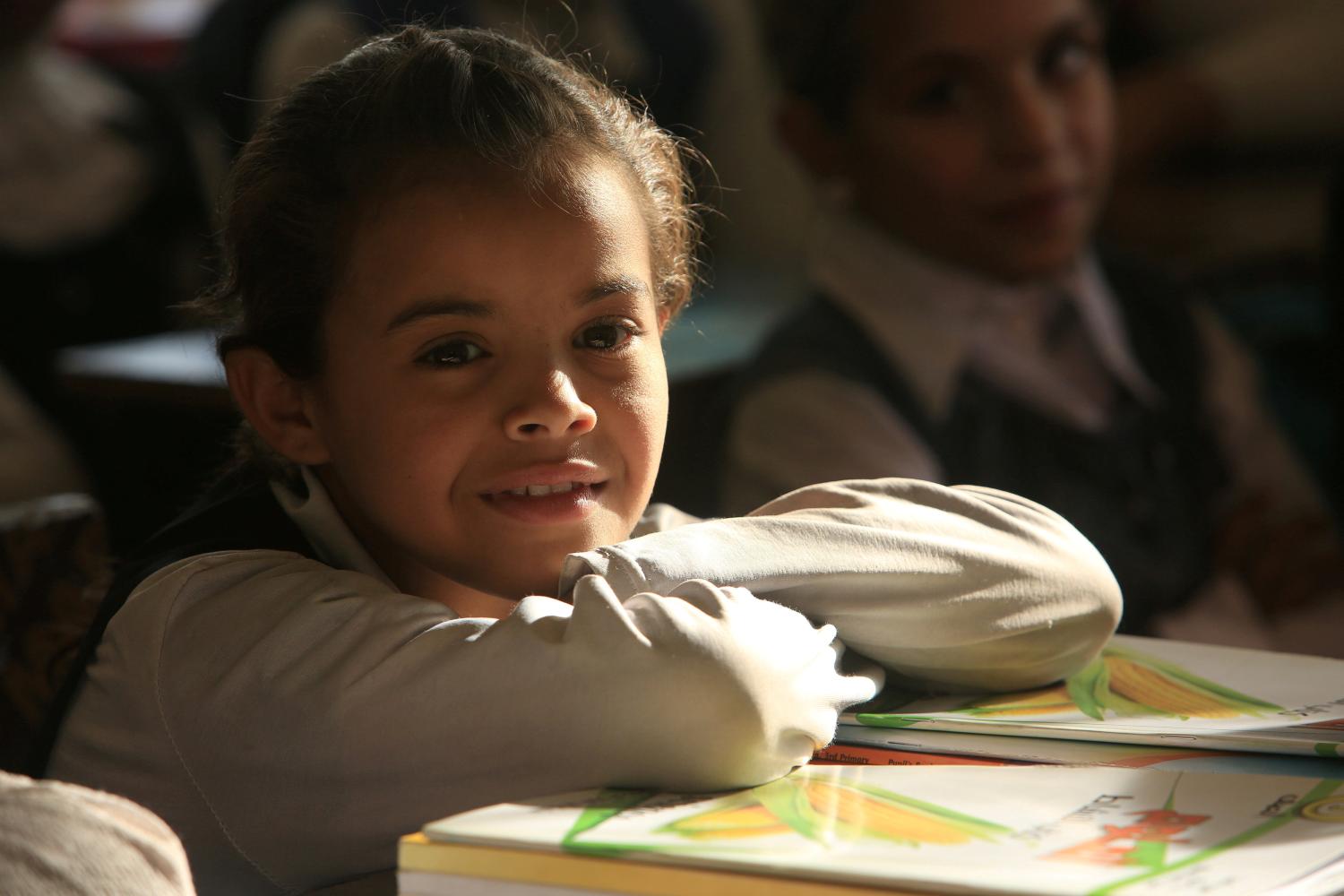
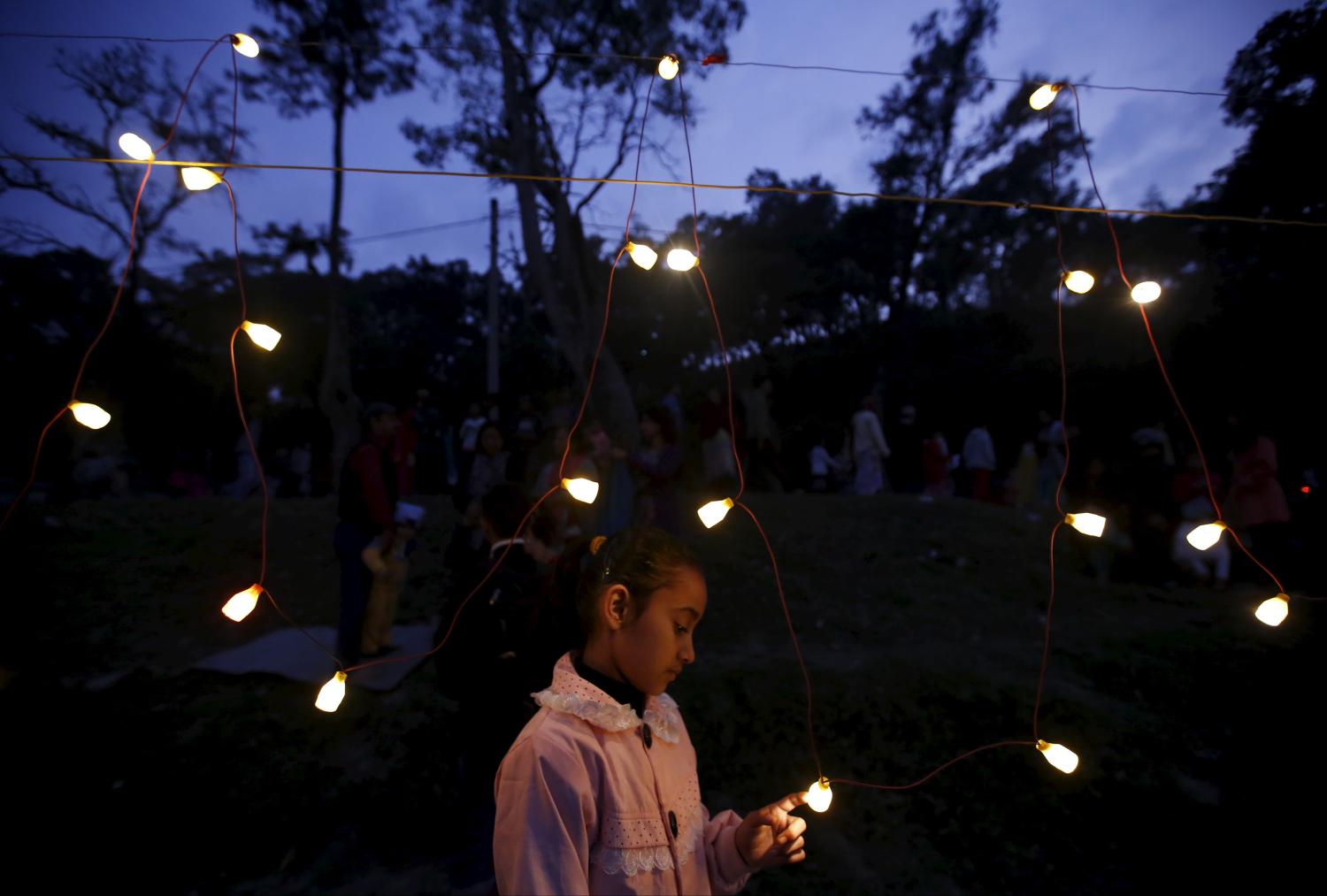
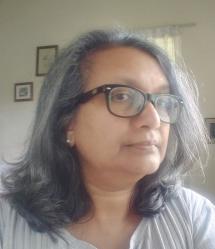
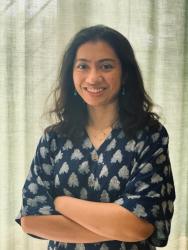
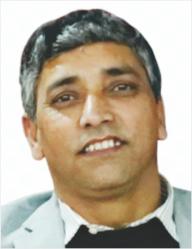
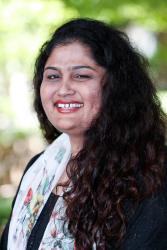
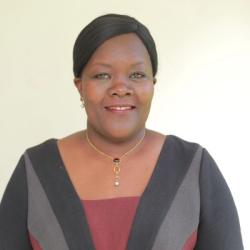
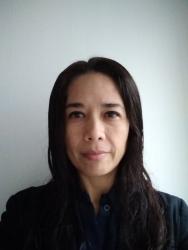
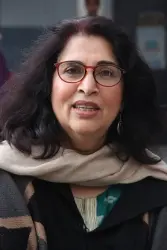
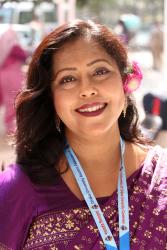

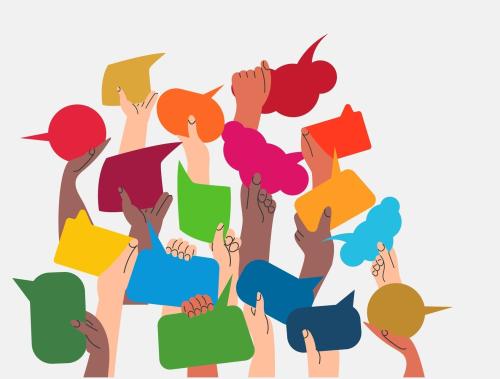
Commentary
Gender equality and sustainability: Echidna Global Scholars taking action
March 7, 2022